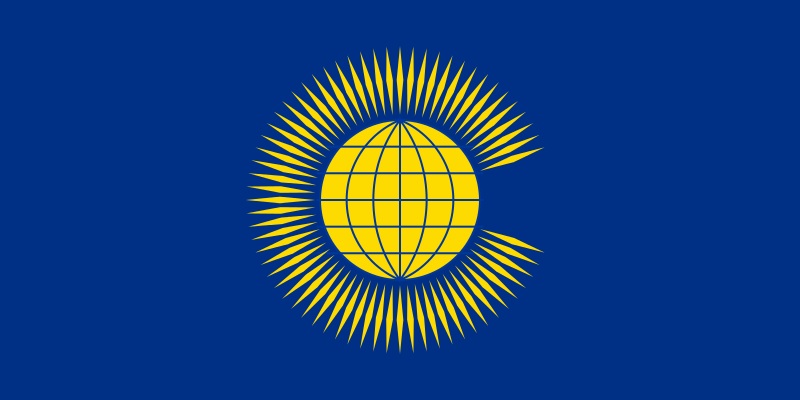Exploring how doing business in the Commonwealth profits your company: join us at “Business Opportunities in the Commonwealth.”
When discussing business and economics amongst Commonwealth countries, issues such as trade and international corporations come first. One topic that tends to fall on the backburner is movement of people between the Commonwealth countries. Whether it is to study, to work, or purely for tourism, citizens from the Commonwealth countries are on the move, and they’re setting their sights on other Commonwealth countries. This can be beneficial to the member countries if properly fostered and encouraged. However, the policies being adopted by some members of the Commonwealth are negatively impacting the movement of people, despite the fact that it would be to their benefit to adopt measures making it easier for the citizens of the member countries to work and study in other Commonwealth societies
In the United Kingdom, citizens from other Commonwealth countries are playing extremely influential roles. Having an Australian as the leading campaign consultants to the British Conservative Party, a South African dictating the policy of the Liberal Democrats, and a Canadian as the head of the Bank of England, it is clear that individuals from Commonwealth countries are increasingly playing influential roles in some of the highest levels in UK.
The impact is not limited to the public positions, many individuals from the other member countries are taking up significant positions in sport and entertainment, just to name a few. In fact, citizens of other Commonwealth countries took on many of these roles with little objection from the British political sphere or by the British citizens. With the common culture, language, and values, it seems like the populations of countries such as the United Kingdom have little objection to their Commonwealth counterparts’ playing larger roles in their society.
Nevertheless, despite this, domestic pressures in many Commonwealth countries are pressuring them to adopt policies that seek to turn visitors and students from other Commonwealth countries away. This is happening regardless of mounting evidence that closer ties between the Commonwealth countries is economically beneficial.
This is apparent in the UK, where budget deficits, domestic pressures and increased immigration from European Union countries have forced the government to adopt measures to reduce immigration. One of the main targets in the attempt to reduce net immigration, however, has since been students. With the destruction of the Post-Study work visa program and the implementation of increasingly difficult student visa guidelines, the UK Home Office is turning away many prospective students, who in turn subsidize the university education of British citizens.
Although these regulations were put in place to help prevent illegal immigration, these overarching and indiscriminate rules have had their biggest impact on citizens of the Commonwealth countries particularly India and South Africa. According to the Guardian, analysis from the British Council argues that India is forecasted to become the fastest growing source of international students by 2020. The tightening visa restriction and the inability to stay on and work after study is causing many Indian students to look to other countries such as the United States , where the prospect for attaining work after their education is much higher.
Restrictive visa regulations, specifically targeting the Commonwealth countries, such as the recent UK Home Office decision to charge a 3000-pound bond to “high risk” visitors from countries like India and Nigeria, only inhibit the flow of people between the Commonwealth countries. Evidence has shown us that loosened restrictions on student visa have not only increased the number of students choosing those Commonwealth countries, but it has had a positive economic impact on those countries. Strict student visa regulations and the prospect of a post-study work visa means that countries such as Canada will see huge leap in the overseas applicants, with a 76% increase in applicants from India and China, marginally behind the UK in international student intake.
Countries do not need to make sweeping changes to their overall immigration policies. Realigning policies to give preference or special accommodation to the citizens of Commonwealth countries will allow member countries to reap the economic benefits of attracting overseas students situations like this already exist in other areas of immigration. For example, the British “Youth Mobility Visa”, which is a two-year work visa for youth, already gives preference to Commonwealth countries such as Canada, New Zealand and Australia. In additional, preferential treatment of Canadians and Brits as part of the Australian Working Holiday program has led to a record number of Brits and Canadians taking part in the program this year.
What is clear is that citizens from the Commonwealth countries are on the move, and they are increasingly choosing other Commonwealth counterparts as a place to invest their time, whether it is for study, work or travel. With a growing middle class in countries like India, Pakistan and South Africa, countries like the United Kingdom, Canada, Australia and New Zealand should seek to reap the economic benefits by making it easier for people from all over the Commonwealth to attend their post-secondary institutions. The benefit is two-fold, as making it easier for individuals from all over the Commonwealth to study in their country and travel abroad means that these individuals return home well educated, culturally sensitive, and with long-term experience in another country, something that is increasingly important in an interconnected world.




